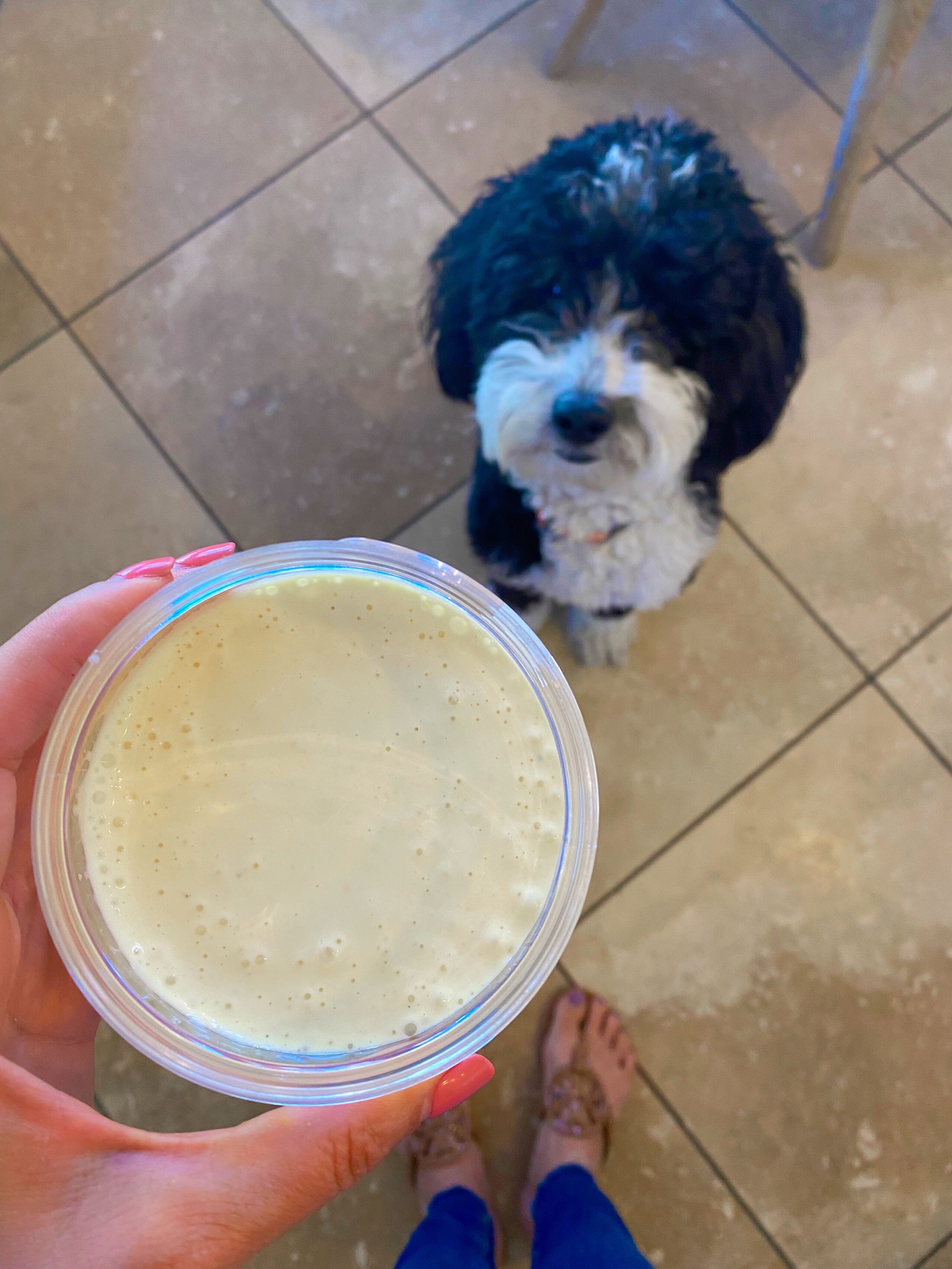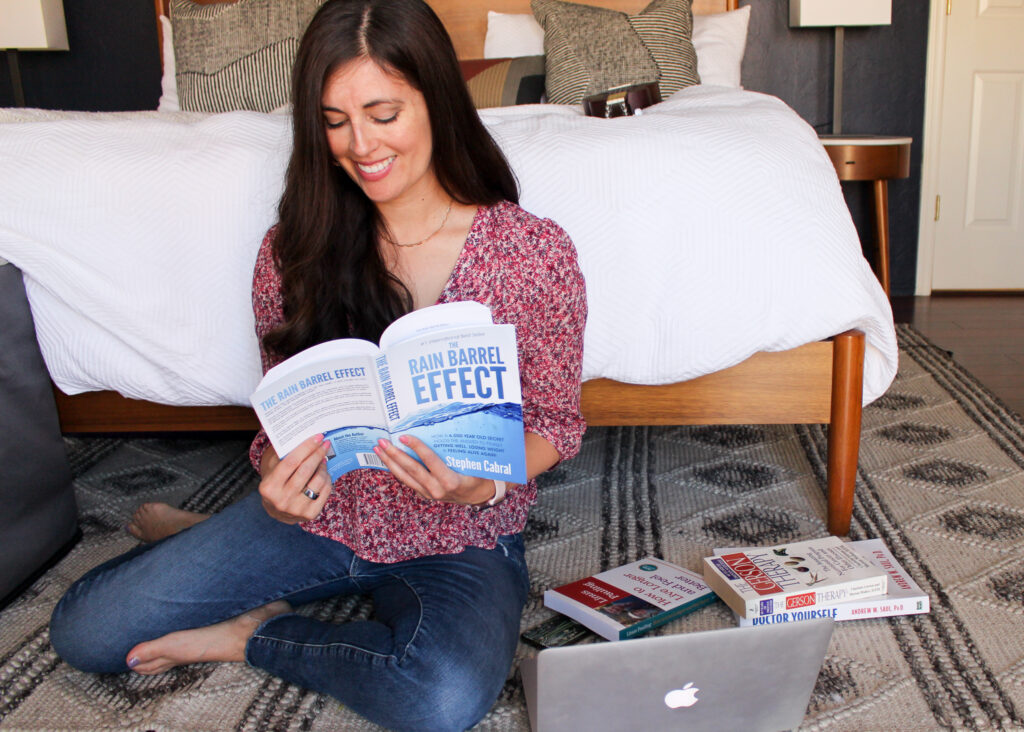
[ad_1]
Whether it’s a new year’s resolution, another birthday has passed, or you are just ready to feel better in your body, there’s no time like the present to make a change.
If you’ve ever struggled with early morning workouts, why not try night-time running to mix things up? Discover the benefits of running at night – and not waking up early – with our guide below.
NIGHT OWLS AND EARLY BIRDS
Scientists have studied sleep for over a century. We now know that our bodies have an internal clock, reset each day by daylight. For some, this circadian rhythm or clock runs faster, causing them to wake and work earlier. These early birds are known as “larks”.
For others, the clock runs slower. In so-called “night owls” the sleep hormone melatonin remains high in the early morning. This makes early morning workouts especially difficult as the body’s systems are still in sleep mode. Night owls often lack motivation and alertness to perform at their best early in the day and are most productive after 6pm.
Work-life schedules usually require us to be out of bed by 7am. There is a limit to how much we can adjust our wake-sleep cycles due to the routine of society around us. However, the choice of when to work out allows some flexibility. For late risers, shifting early morning workouts to the end of the day can be more satisfying and successful.
DON’T STRESS
Scheduling a run before breakfast is challenging at the best of times. By running at night, you can unclutter your morning routine and focus on the day ahead.
Night-time workouts remove the pressure of early morning runs, and allow you to start the day at a steadier pace. Enjoy stress free mornings knowing that you completed your run the night before – even earlier than the early bird.
Exercise has well documented antidepressant and anxiolytic (anxiety reducing) effects.(1) Night-time running can help relieve stress and anxiety built up during the day.
SLEEP BETTER
For many people the evening is an ideal time to run; work is over, you have a little free time, the kids are in bed, you’re up late anyway. Despite this golden opportunity, would-be night runners are still reluctant. After all, doesn’t running at night ruin your sleep?
Late night exercise is commonly believed to worsen sleep quality. Experts usually recommend avoiding vigorous exercise in the 3 hours before sleeping. However, until recently this theory has gone untested.
A recent study published in Sports Medicine reviewed the evidence for late night exercise and sleep disruption. The researchers concluded that late evening exercise does not negatively impact sleep, in fact quite the opposite.
Multiple studies have demonstrated that exercise conducted within 4 hours of bedtime has a positive effect on sleep, increasing perceived sleep quality, sleep duration, and length of time spent in non-REM sleep.(2) (3) (4) (5) Non-REM sleep is especially important for muscle growth and repair, as well as relieving stress and anxiety.(6)
Despite the fact that intense exercise has no impact on overall sleep quality, it is still recommended to avoid vigorous exercise in the hour before sleep.(7) (8) (9) This allows your heart rate, core temperature and adrenaline levels to stabilize before bed time.
THRILLER EFFECT
Many runners appreciate the change of scenery after dark. Familiar places take on a different quality and there is a sense of adventure and exploration. Street lights cast unusual shadows, your headlamp creates tunnel vision and your brain goes into playful ninja mode.
Take advantage of the twilight zone as your body adapts to low light conditions with a heightened sense of hearing and enhanced proprioception. In quiet streets you can enjoy running with fewer distractions and become more aware of your body.
RUN FASTER
It may come as a surprise to learn that we run at our best later in the day. Previously, scientific research suggested that the time for peak running performance was around 8pm. A more recent study divided runners into “larks” and “owls” according to their morning or evening chronotypes.(10)
The study found that those with a preference for waking early performed best just after midday, whereas the late risers peaked at 8pm. Both groups performed worst at 7am.
Night-time running may also feel faster. Our perception of speed is related to the proximity of objects in our surroundings. In daylight, distant fields approach slowly. At night, when we see over a short distance, fences and lampposts race past.
STAY COOL
Temperature is a key factor in choosing when to run. Running performance is limited in the heat (~30°C/~86°F) and enhanced in cooler temperatures. For endurance disciplines, ambient temperatures below 12°C/53°F are optimum.(11) (12)
Cooler night air is not only invigorating and refreshing, it helps to regulate core body temperature, which in turn improves cardiovascular capacity. This may be the reason most Olympic track records are set in the evening.
HEALTHY HABITS
We don’t have much time in the morning for watching movies and eating chocolate. This is an evening phenomenon, and perhaps one we would rather avoid altogether.
If you’ve ever tried quitting screen time or junk food then you know how hard it is. But there is a secret to successful resolutions. A large-scale study of new year’s resolutions found that those with approach-oriented goals were 12% more likely to succeed than those with avoidance-oriented goals.(13)
In other words, it is more effective to start a habit than to stop one.
Replacing evening couch-time with a night-time run is a great way to build healthy habits – improving fitness, diet, and screen time all in one!
Besides the benefits of improving your daily routine and getting fitter, running at night can unlock new opportunities for solo reflection and social exercise. Whether you go alone or with others, take sensible precautions and consider weather, visibility, and personal safety.
[ad_2]
Source link








